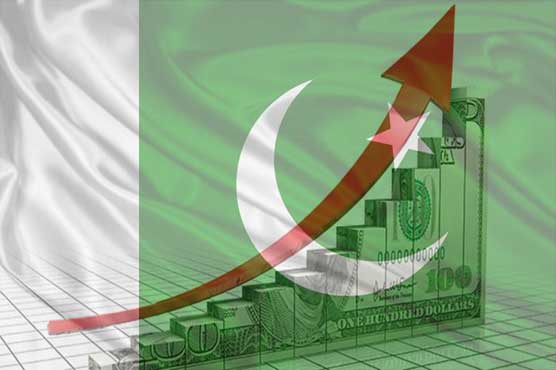LAHORE: Holding the caretaker government+ accountable for keeping mum over critical economic issues, independent economists point out that developments suggest swift near-term management of the country’s external accounts.
Talking to Pakistan Today they said that the finance ministry did not pay any heed to the State Bank of Pakistan’s (SBP’s) alarm bells that referred to the absence of matching financial flows. They wondered whether Dr Shamshad Akhtar had been preparing any action plan for the next government’s targets while dealing with the momentous economic challenges that the country is facing today.
According to SBP, a notable portion of the current account deficit has been financed using the country’s own resources and resultantly, SBP’s liquid forex reserves have witnessed a net reduction of $6.7 billion to reach $9.5 billion as of July 6, 2018. However, the finance ministry did not end up making any decision.
These experts pointed out that the foreign exchange reserves and fiscal deficit are deteriorating terribly during the caretaker government’s period. In 2017-18 the trade deficit was $37 billion while the fiscal deficit was projected to go beyond 7.5 per cent of the Gross Domestic Product (GDP) – and these two imbalances would become worse when the next elected government takes over power, they added.
A prominent economist, Dr Ashfaque H Khan, NUST’s Principal and Dean told Pakistan Today that he was surprised by the current caretaker finance minister also consoling the people as there had been nothing to worry about the debt as these are far less in terms of GDP percentage when compared with other countries. He said Pakistan’s public debt to GDP ratio is the lowest (74 per cent) among the state countries and yet it was also the most vulnerable among them. ‘‘Its foreign exchange reserves (that too is borrowed) at $9.5 billion is the lowest; it has the poorest debt repayment capacity and accordingly it is rated at the bottom by the two international rating agencies (S&P and Moody’s)’ he said adding that such ratings reflect the vulnerabilities of the country in terms of its debt repayment capacity.
Hafiz Pasha and Salman Shah wondered whether Shamshad Akhtar had been preparing any action guidelines for the next government at a time when the country has been facing grave economic challenges.
Hafiz Pasha said that some measures could have been taken during the interim set-up including increasing the cash margin by the State Bank of Pakistan (SBP) for imports to deal with speculation, and that exporters could have been provided support by transferring cash against exports incentives.
Hafiz Pasha underlined speculation in the market that the rupee value would further erode that has been encouraging importers to increase imports since tradeable items would become more expensive in term of rupee lost value.
Pasha said that the fiscal deficit appears to have exceeded beyond the expected slippage as the caretaker government has been unable to control expenditure – development and current. There is also speculation that the caretaker government may have made some payments to the power sector to reduce circular debt but this has not been confirmed, he added.
Former Finance Minister, Salman Shah remarked: “So far, no mitigating measure is visible and the foreign exchange reserves situation is dire.” He said that the analysis of the impact of devaluation on exports is not yet known.
Shah said that at this point in time no one knows if Shamshad Akhtar is doing anything to boost foreign exchange reserves.
Dr Ashfaque H Khan was of the view that the caretakers must have the courage to call a spade a spade or they should do something else. “Today, the SBP is talking about the market, that is, the exchange rate is being determined in the market on the basis of the demand and supply of foreign exchange” he said adding, for four years when Ishaq Dar was at the helm of affairs, the SBP kept its eyes and ears shut and never talked about the market. They maintained a fixed exchange rate regime and forgot the lessons of the market, naturally, in fear of Dar. ‘In so doing, did the SBP serve Dar or the State of Pakistan? Let the SBP respond to this query” he asked.
























